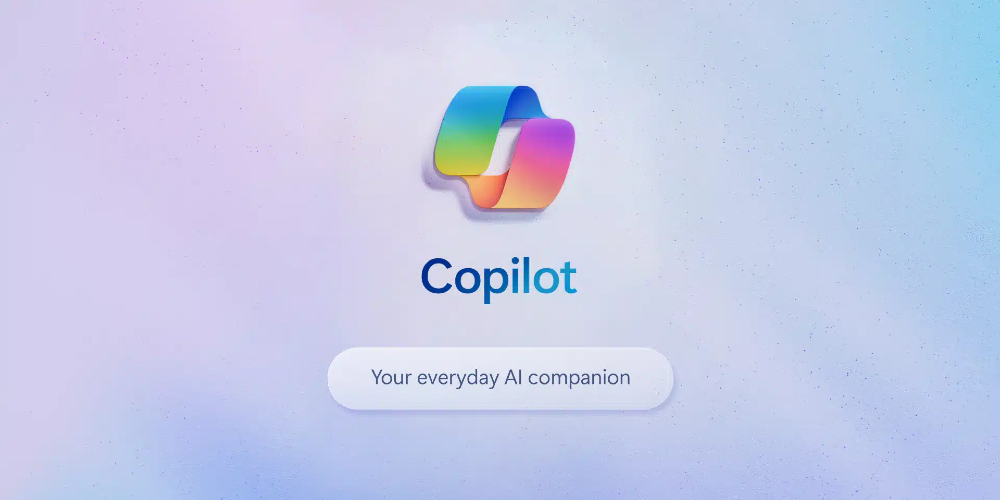Revolutionizing Your Android Experience: Microsoft's Copilot as Your New Default Assistant
Feb-28-2024

The allure of Android lies in its unparalleled capacity for customization, enabling users to tailor the operating system to their unique preferences. Among the myriad of customizable features is the option to select a default digital assistant, despite the ubiquity of Google Assistant on Android devices. Recent developments hint at a seismic shift in the digital assistant landscape, with Microsoft's Copilot emerging as a formidable contender capable of assuming the role of the default assistant on Android platforms. This article delves into the process of setting Microsoft's Copilot as your default Android assistant, a move that promises to redefine user interactions with their devices.
Microsoft's Copilot: A New Horizon for Android Assistants
At the dawn of 2024, the tech community buzzed with anticipation as hints surfaced regarding OpenAI’s ChatGPT's potential to become the default assistant on Android devices. Microsoft swiftly capitalized on this momentum, releasing an update for the Copilot Android app that empowers users to designate it as their default digital assistant. This feature, nestled within the latest version of the Copilot beta software for Android, version 27.9.420225014, signifies a pivotal moment in digital assistant technology. Users who are part of the beta channel can access this update through the Play Store, navigating through Settings to Apps, then Default apps, and finally selecting Copilot as their digital assistant app of choice.
The Engine Behind the Innovation
Driving Microsoft’s Copilot is the GPT-4 engine, a cutting-edge language model (LLM) that also underpins ChatGPT. Despite Microsoft's Copilot app for Android being a relatively recent addition to the digital assistant realm, having been released around the previous year's holiday season, it has quickly become a noteworthy competitor. Surprisingly, Microsoft managed to integrate digital assistant support into their chatbot ahead of OpenAI, a move that caught many by surprise. However, it's worth noting that the current execution of Copilot as a default assistant is still in its nascent stages, offering a glimpse into the potential future enhancements.
Exploring the Current Functionality

For those who have already set Copilot as their default assistant on Android, the current functionality reveals certain limitations. Activating Copilot redirects users to the main app activity, requiring a subsequent tap on the microphone button to initiate voice interaction. This contrasts with other assistant apps like Gemini, which automatically initiates listening upon activation. Additionally, Microsoft has not yet leveraged specific APIs that would enable Copilot to capture screenshots of the screen's content, a feature that could further enhance its utility.
Anticipating Future Developments
Given that the capability to set Copilot as the default assistant is presently confined to the beta channel, it's plausible to infer that Microsoft is actively refining its implementation. This developmental phase presents an opportunity for Microsoft to address the current limitations and enrich the overall functionality, potentially elevating Copilot to the forefront of digital assistant technology. The anticipation surrounding future updates is palpable, as users eagerly await enhancements that could transform their interaction with their Android devices.
How to Get Started with Copilot as Your Default Assistant
For those intrigued by the prospect of setting Copilot as their default assistant but not currently enrolled in the Copilot beta program, there's an alternative route. The latest beta version of Copilot can be obtained via APK Mirror, allowing users to sideload the app and configure it as their default digital assistant. However, given the partial completion of the current implementation, some may prefer to wait until the feature is fully developed and introduced on the public channel. This cautious approach may be prudent for those seeking a seamless and fully functional digital assistant experience.
Conclusion
The advent of Microsoft's Copilot as a potential default assistant on Android devices heralds a new era in digital assistant technology. With its foundation built on the sophisticated GPT-4 engine, Copilot promises to deliver a rich and interactive user experience. While the current functionality may exhibit certain limitations, the ongoing development and anticipated enhancements suggest a bright future for Copilot as a central figure in the Android ecosystem. As Microsoft continues to refine its implementation, Android users stand on the cusp of a revolutionary transformation in how they interact with their devices, making Copilot an exciting prospect for those seeking a more personalized and responsive digital assistant.






